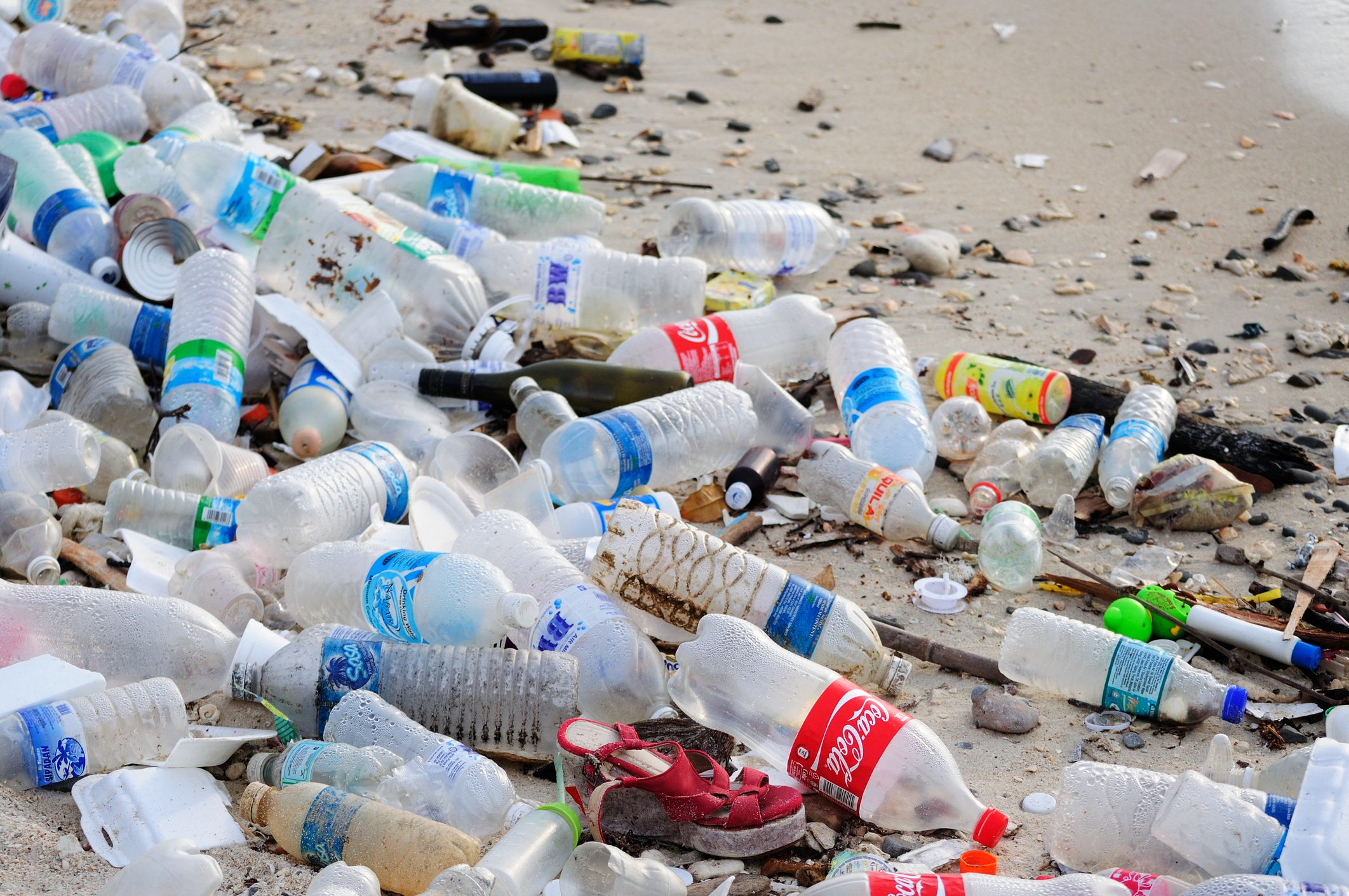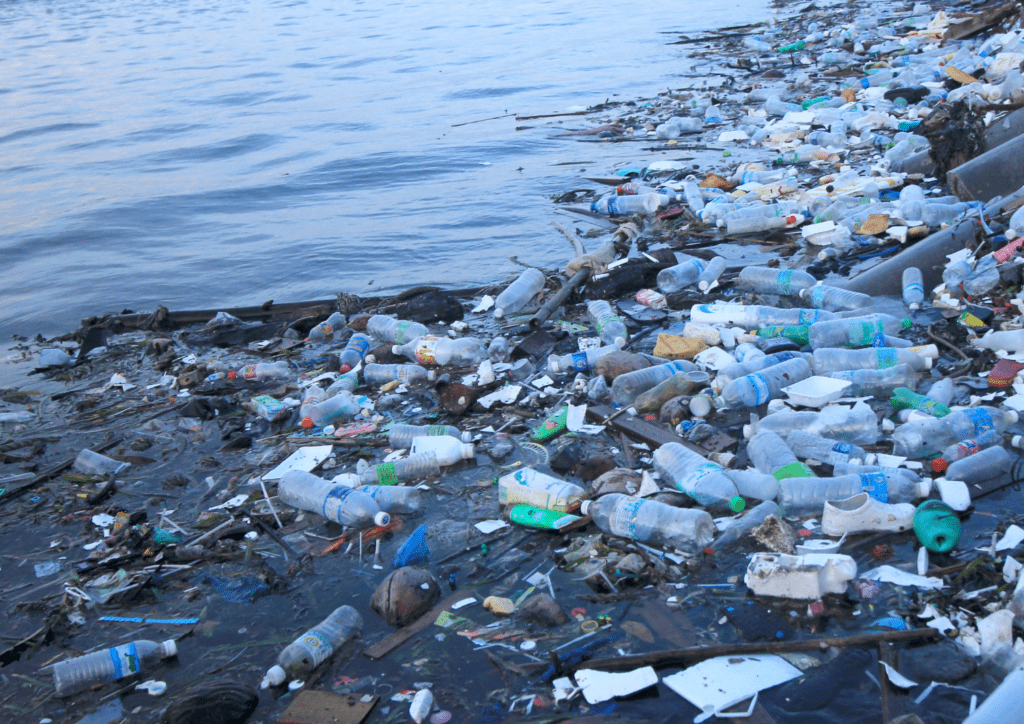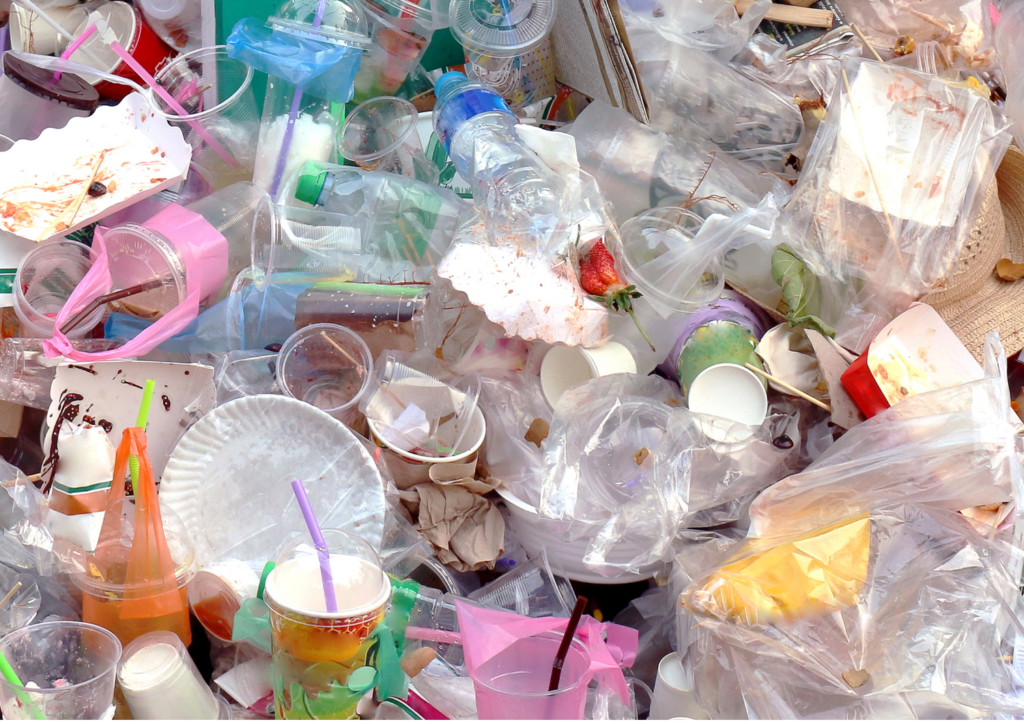During simpler times, the Ontario government decided to designate the second Tuesday of May as a “Day of Action on Litter.” Corporations — and some governments — love litter pickup days because it takes the heat off regulating the industries that produce the garbage and perpetuates the myth that citizens alone can fix the plastic pollution crisis.
As it turned out, the first annual Litter Day, on May 12, 2020, rolled by in the fog of pandemic lockdown during the first wave of COVID-19. The vibe was decidedly not to converge in local parks to pick up Coke bottles, straws, bags and Tim Hortons cup lids that were by then mingling with discarded plastic gloves and polypropylene-lined disposable facemasks.
At that time, staff in the Ministry of Environment Conservation and Parks were also working away on a long-promised plan to overhaul the blue box recycling program.
The Blue Box is regulated by the province but currently run by municipalities. It takes plastics, paper, metal and mixed materials picked up at the curb of most Ontario residents. Overall, it’s supposed to divert at least 60 per cent by weight of those materials from landfills and incinerators. But it doesn’t. Especially not the plastic.
That’s why the provincial government was supposed to fix it by making the companies that sell us the packaging take it back from us and recycle it on their own dime. Although that hasn’t happened either.
Though we have concerns about the province’s draft plan for the blue box, it would be an improvement from what we have today. But the final plan, which was expected at the beginning of this year, has never come out.
My blue box taunts me

My household is lucky enough to be able to stay home during the pandemic. Despite what we do to minimize deliveries and avoid plastic at the store, our blue box is filled to the brim each week with mostly single-use plastics. It taunts me. Especially since the vast majority of it won’t be recycled into new items of a similar value.
Only 55 per cent of PET plastic (often used for water and soft drinks bottles) was sent for recycling from Ontario’s blue boxes in 2018, according to a recent report by the Paper and Paperboard Packaging Environmental Council (PPEC). That’s what passes for a success story of plastic recycling in Ontario. The PPEC also reports that only 10 per cent of plastic film (bags and wrapping), four per cent of polystyrene (takeout containers and meat trays) and three per cent of plastic laminates were sent for recycling that year. The truth is, most plastic packaging will never be effectively recycled and shouldn’t be used at all.
We have a plastic supply problem
The bottom line is that the blue box program we have today will never work to keep plastic out of landfills, incinerators and the natural environment. Contrary to what the plastics industry likes to say, we don’t have a plastic waste problem. We have a plastic supply problem.

Municipal systems cannot possibly keep up with the ever-growing quantities and types of plastic packaging that are put on the market. The stuff clogs up sorting processes and contaminates compost and streams of materials that work better for recycling, such as cardboard and paper.
The province’s litter days can go. They are an embarrassing show, willful or not, of the government’s neglect of its responsibility to regulate waste management in an environmentally sound manner.
We need to make polluters responsible for packaging waste in Ontario. We need a polluter pay system that requires:
- full transparency from companies about what and how much material they put into the market; what/how much they collect and what/how much of it is recycled or reused
- collection systems that are accessible to business and residents across Ontario
- high recycling targets for all types of plastic
- real enforcement for companies that don’t follow the rules.
Rules like that would lead to a reduction in plastic packaging and pollution.
And if the provincial government is not prepared to overhaul the blue box system completely, there are things Queen’s Park should do immediately to reign in plastic packaging waste and litter:
- Require the companies who sell us the packaging to pay the full costs of the blue box right away. Right now, they only pay half of the $300 million tab. Ontario residents and businesses pick up the rest of the costs, subsidizing irresponsible packaging supply through our property taxes.
- Introduce a deposit-return system for all beverage containers, which is the most effective way to keep them out of the environment. Right now, only alcoholic beverages are covered by a very successful deposit-return system in Ontario.
Why deposit return? Other provinces achieve much higher rates of PET plastic bottle recycling than Ontario’s blue box program. Take Saskatchewan, where 88 per cent of plastic pop and water bottles were recycled in 2019. Instead of pitching bottles into a recycling bin, residents of that province pay a deposit on the bottle and return it to a local depot for a refund. And guess what? A deposit-return system is not only a surefire way to keep bottles out of landfills and incinerators, it also keeps them from littering parks and the natural environment.
We need real action on plastic waste, not pretend measures like litter days that deflect responsibility from the companies who are at the heart of the problem.









